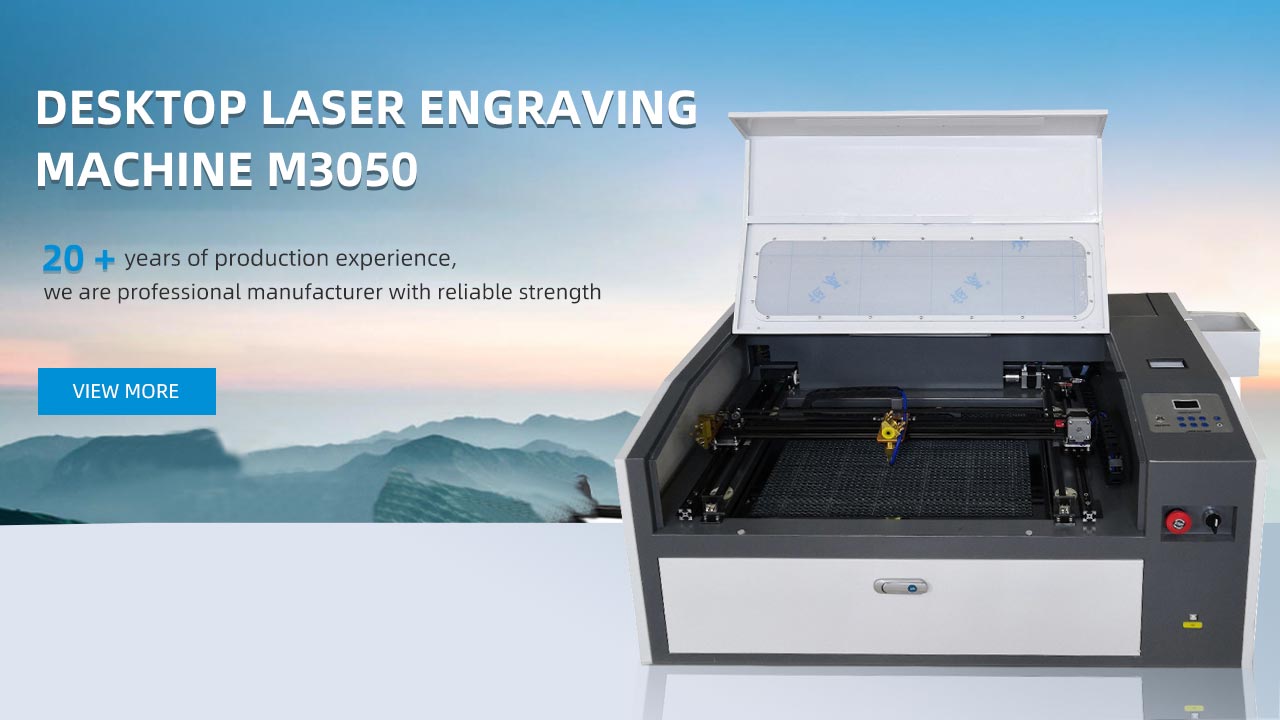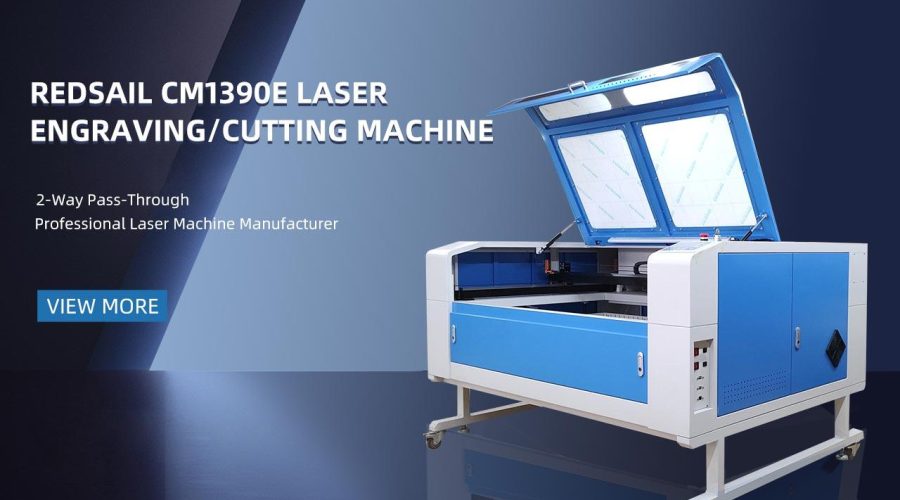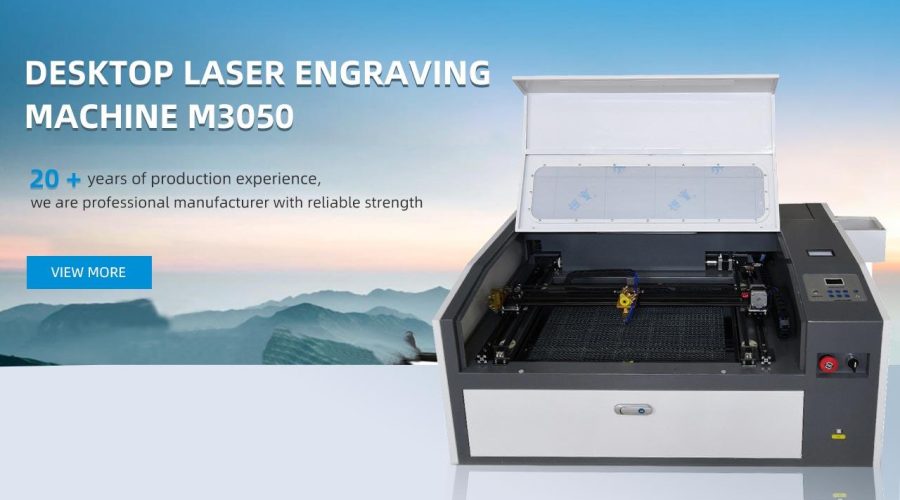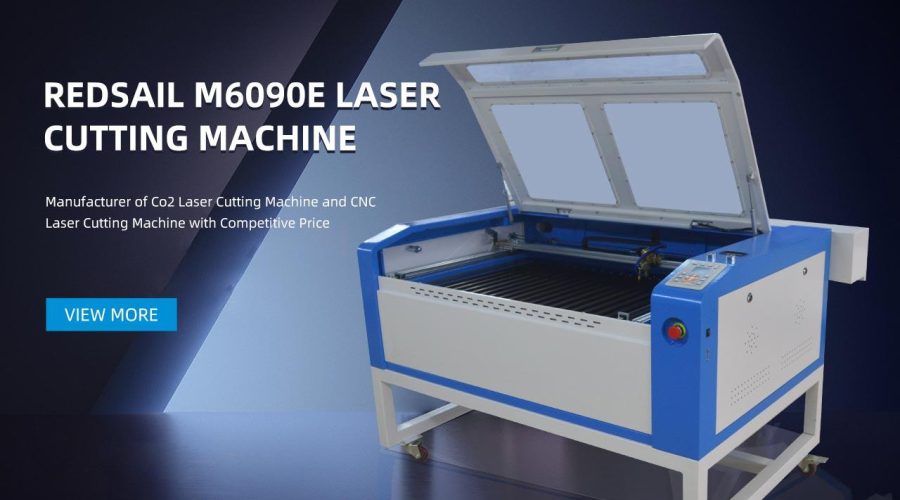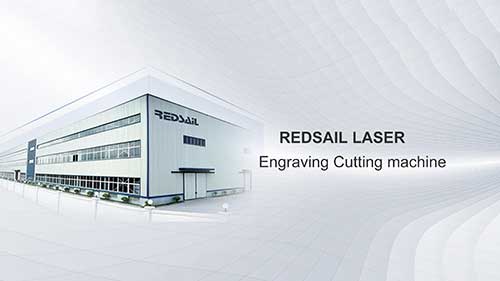Which is Better for Laser Engraving: An 80W or 100W Laser Engraver?
Introduction
Laser engraving has become an essential tool for many industries, including manufacturing, crafts, and customization services. When it comes to laser engravers, the power of the laser is a crucial factor that determines the quality and efficiency of the engraving process. The most common options available are 80W and 100W laser engravers. In this article, we will explore the differences between these two power options to help you determine which one is better suited for your engraving needs.
Power Comparison: 80W vs. 100W
1. Performance: One of the primary considerations when choosing between an 80W and 100W laser engraver is the performance they offer. The higher the wattage, the more power the laser engraver can provide. An 80W laser engraver can handle various materials effectively, including wood, acrylic, and certain metals. However, a 100W laser engraver possesses a higher power output, making it capable of engraving thicker and harder materials with ease, such as stainless steel or granite. If you primarily work with delicate materials, an 80W laser engraver might be sufficient. However, if you require versatility and the ability to handle a wider range of materials, the additional power of a 100W laser engraver can be beneficial.
2. Speed: Another important aspect to consider is the engraving speed. With a higher wattage laser engraver, you can achieve faster engraving times due to increased power output. While an 80W laser engraver can engrave at satisfactory speeds, a 100W laser engraver is generally faster, allowing you to complete projects more efficiently. If you have high production demands or need to complete time-sensitive projects, a 100W laser engraver could be a better choice for you.
3. Cost: When it comes to cost, a 100W laser engraver is typically more expensive than an 80W model. The increased power output and enhanced capabilities of a 100W laser engraver result in a higher price tag. However, if you have a higher volume of engraving work or require the ability to engrave on a broader range of materials, the added cost might be justified. On the other hand, if your engraving needs are limited, an 80W laser engraver can provide satisfactory results at a lower price point.
Factors to Consider
1. Material Compatibility:
- 80W Laser Engraver:
- Suitable for most common engraving materials like wood, acrylic, leather, glass, and some metals.
- Can engrave thinner materials with precision and accuracy.
- Not recommended for engraving hard metals like stainless steel or stone.
- 100W Laser Engraver:
- Capable of engraving a wider range of materials, including thicker and harder materials like stone, granite, and stainless steel.
- Provides better results on materials that require more power for engraving.
- Offers more versatility in terms of material compatibility.
2. Engraving Depth and Speed:
- 80W Laser Engraver:
- Allows for moderate engraving depth.
- Engraving speed is good for most projects but may require extra time for harder materials.
- 100W Laser Engraver:
- Enables deeper engraving due to higher power output.
- Faster engraving speeds, especially when working with harder materials.
In conclusion, the choice between an 80W and 100W laser engraver depends on your specific needs and requirements. An 80W laser engraver can handle most common materials, making it suitable for many applications. However, if you require the ability to work with a wider range of materials, engrave thicker materials, or need faster engraving times, investing in a 100W laser engraver might be a better option.
FAQs
Q: Can an 80W laser engraver engrave on stainless steel?
A: While an 80W laser engraver can engrave on some metals, it is generally not recommended for engraving stainless steel. Stainless steel is a harder material that typically requires a higher wattage, such as a 100W laser engraver, for satisfactory results.
Q: Can a 100W laser engraver engrave on delicate materials?
A: Yes, a 100W laser engraver can engrave delicate materials. The power output of a laser engraver does not limit its ability to engrave detailed designs on delicate surfaces. However, it is recommended to adjust the power settings and engraving speed accordingly when working with fragile materials.
Q: Are there any safety precautions to consider when using high wattage laser engravers?
A: Absolutely! When working with laser engravers, regardless of their wattage, it is crucial to follow safety guidelines. Wear appropriate protective gear, such as safety goggles, gloves, and closed-toe shoes. Ensure proper ventilation in your working area, as laser engravers can produce fumes during the engraving process. Also, always follow the manufacturer’s instructions and guidelines for using and maintaining the laser engraver.

